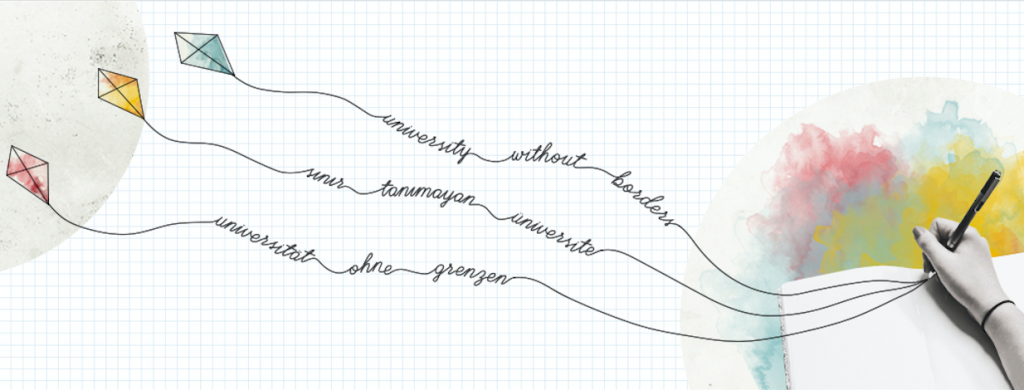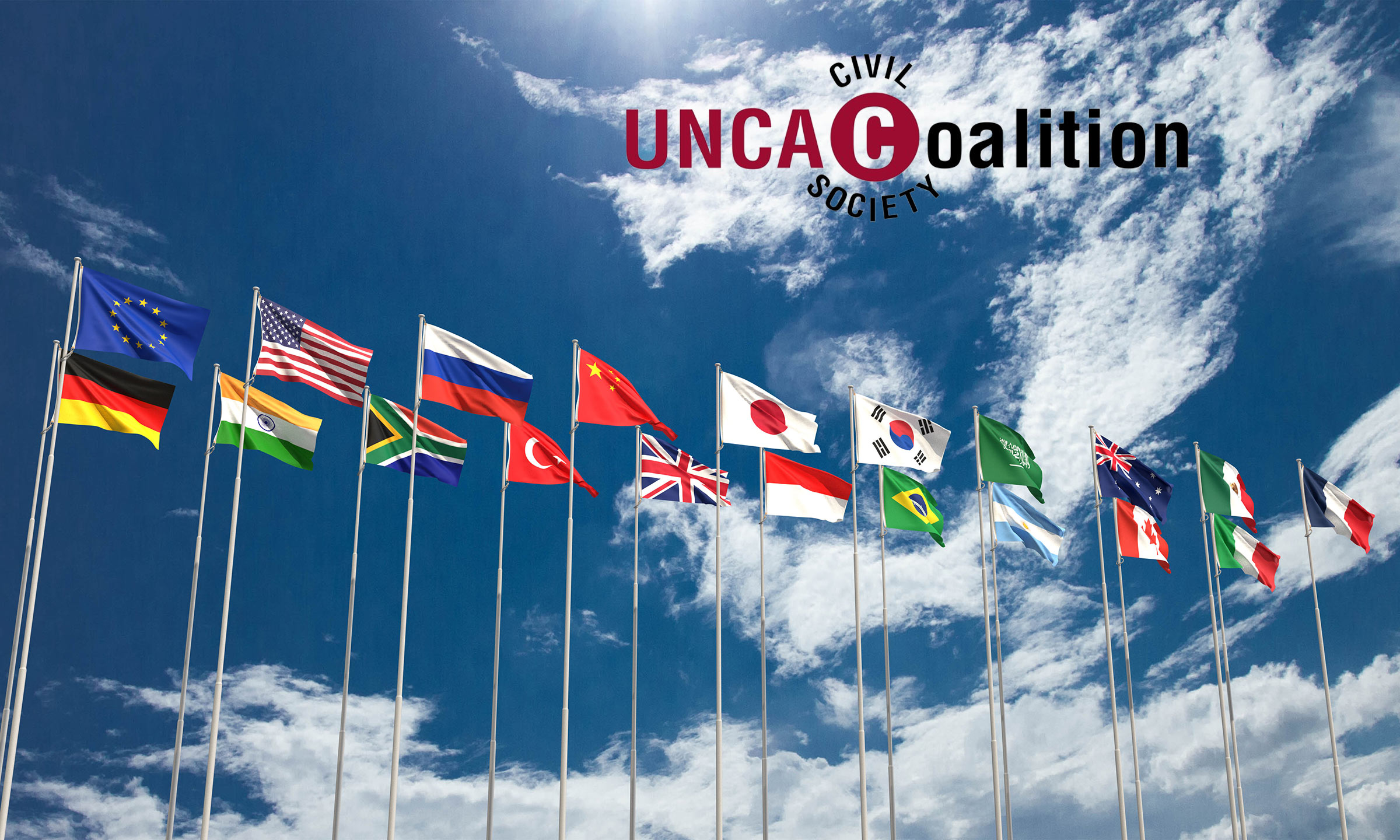Academic freedom is the cornerstone that upholds the pursuit of knowledge and truth. Unfortunately, this freedom is not always guaranteed in certain parts of the world. One such example is the recent arrest and detention of Gubad Ibadoglu, a prominent economist, lecturer, and politician in Azerbaijan. This blog post sheds light on his detention, the possible motives behind it, and why his case is of great concern not only to academics but to everyone who values freedom and human rights.
Off University #GeneralAssembly2023 #FreeGubad #FreedomforIbadoghlu pic.twitter.com/lRdUPHZOpl
— Off-University (@off_university) September 2, 2023
Gubad Ibadoglu was detained on July 23, 2023, on allegations that he was planning to incite unrest. However, his colleagues and supporters vehemently reject these allegations and believe that his arrest is politically motivated. Ibadoglu is the chairman of the Azerbaijan Democracy and Welfare Party, and for many years, he has been a vocal critic of the government’s socio-economic policy. In addition to his political activities, he is also an accomplished economist who has authored numerous papers on development and financial matters.
Ibadoglu’s detention is not an isolated case. According to human rights organizations, the Azerbaijani government has intensified its crackdown on dissenting voices, including politicians, journalists, and activists. The government is accused of using vague and broad laws to stifle dissent and silence critical voices. These actions do not only violate the principle of free speech but also have a chilling effect on academic freedom and scientific research.
The inhumane treatment that Ibadoglu and his family have reportedly endured is also alarming. Ibadoglu’s wife, Irada Bayramova, was detained for seven hours before being released. She bore scars on her body, a clear indication of torture and abuse. These heinous acts violate the international standards of human rights and justice. The government must be held accountable for its actions and reminded of its duty to respect and protect human rights.
The academic community has voiced its outrage over Ibadoglu’s detention and called for his immediate release. Many organizations and individuals have expressed solidarity with him and his family, recognizing the gravity of the situation and the implications it has for academic and political freedom. Only through collective action and advocacy can we raise awareness and pressure governments to respect human rights and the rule of law.

The arrest and detention of Gubad Ibadoglu is a stark reminder of the challenges that academics and freedom advocates face in many parts of the world. His case highlights the importance of academic freedom, which is crucial for the advancement of knowledge and the betterment of society. As we continue to condemn human rights violations and injustices, we must remember that the struggle for freedom and justice is ongoing, and we all have a role to play. We must not remain silent in the face of injustice and oppression, and we must act in solidarity, knowing that we can make a difference.



